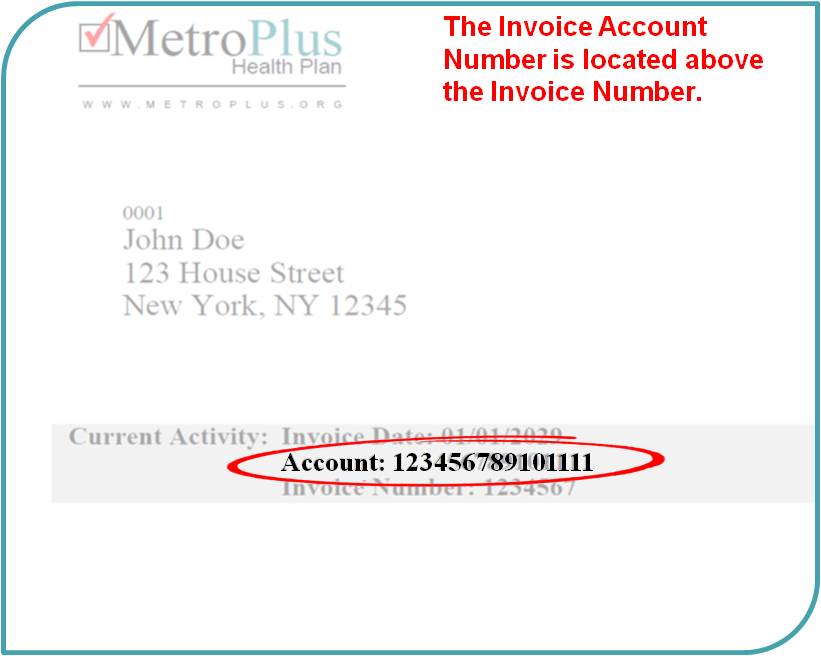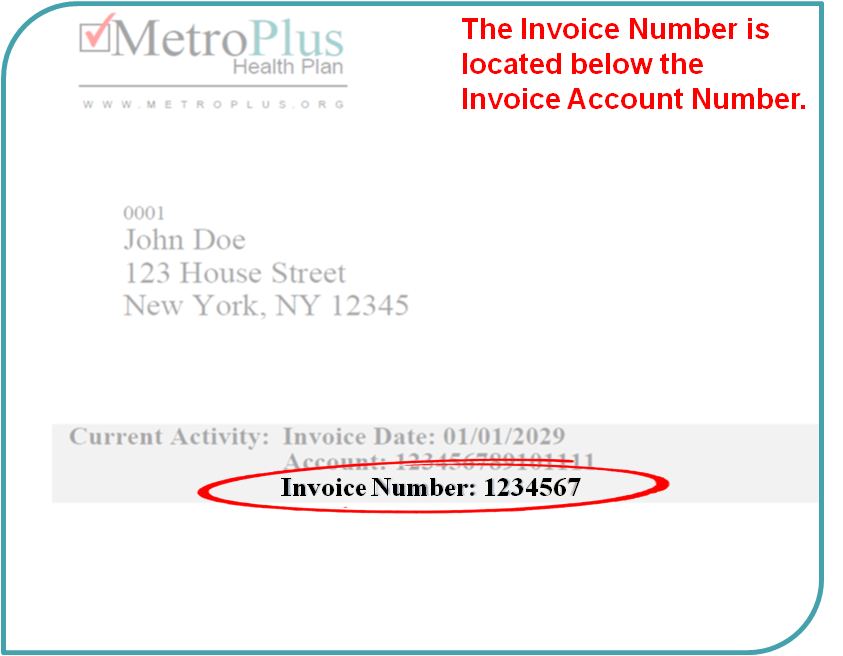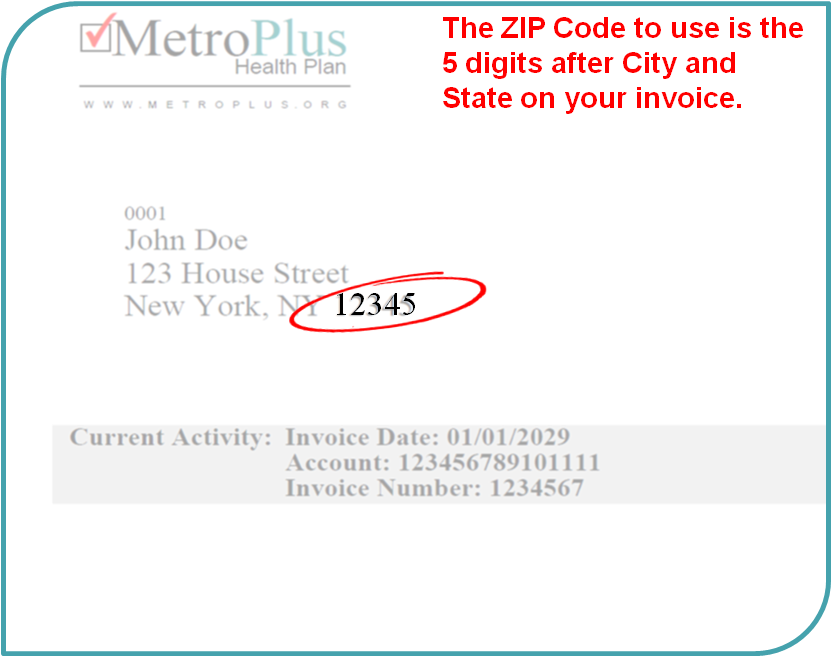NYC Milk Banks: 5 things to know
Does your baby need breast milk? Want to donate? Get the facts here.

Did you know there’s another way to feed your baby besides formula or breastfeeding? Milk banks can be a game changer for families. Also known as a lactarium, this service collects milk donations from approved breastfeeding people. They then screen, process, and send out milk to families and hospitals.
Milk Banks can help high-risk infants thrive when formula is not an option. They can even be a source of support for grieving pregnant people who recently lost a baby.
If you are interested in Milk Banks as a donor or as a caregiver, get answers to five common questions here:
Why do Milk Banks exist? Can’t babies just drink formula?
Most babies do just fine drinking formula or their birthing parent’s own breast milk. However, these two options aren’t possible in some cases.
Some babies are:
- Allergic to formula
- Have health challenges that make thriving on formula not possible
- Born premature and the birthgiving parent is not able to produce enough milk to feed the baby yet
There are also other reasons why a family needs a milk bank or why a person chooses to donate:
- Situational: The breastfeeding parent is ill or has a condition that can interrupt their ability to make milk
- Illness: The parent has an illness where breastfeeding could pose a risk to the baby
- Low production: The parent does not produce enough breast milk to feed the baby regularly
- Bereavement: A birthgiving parent lost a baby and would like to donate milk. This can be healing for bereaved parents.
How do I donate to a milk bank?
In the United States and New York, milk banks must meet strict standards for quality. They must be selective about donors to make sure babies who receive milk get the highest level of nutrition.
Usually, donors are required to:
- Not smoke or use nicotine products
- Use zero medications, or only use a certain amount of approved medications
- Be willing to get a health screening
- Be willing to get their blood tested for illnesses
- Able to donate a certain amount of milk if they are not a bereaved parent
- Not consume alcohol on a daily basis, and must follow certain rules after consuming alcohol
- Not have any diseases that have the potential to be passed to a baby through breast milk (HIV/AIDS, syphilis, Hepatitis B, Hepatitis C, Tuberculosis, and others)
These requirements can be different depending on the milk bank’s location and individual needs.
The way milk is processed also matters. Donors can only give milk pumped and frozen within a certain time frame. These requirements also depend on state laws and a milk bank’s own rules.
Are milk banks safe?
Yes, milk banks are considered very safe. They have quality control measures, including:
- Screenings of donors
- Testing samples for quality
- Pasteurizing donated milk
- Careful storage and delivery methods
With these measures, milk banks can make sure every child they help stays safe and healthy.
How can I sign up for milk?
Right now, your child will need a prescription to get donations from a milk bank. Many milk banks do not accept notepad prescriptions. They require the doctor to fill out a special form you can usually find online. If your child is premature and in the NICU, you can usually request human breast milk through the caretaking team. This varies from hospital to hospital.
Why does your baby need a prescription? Milk banks have limited resources. Although they are gaining in popularity, they still need to make sure that high-needs cases can access milk easily. If a baby has a medical issue and their parent cannot breastfeed, human milk is a literal lifesaver.
Someday, it might be possible to sign up for a milk bank without a prescription. This will require more resources, donations, and support to make sure the supplied milk is safe to drink.
Where is my closest milk bank?
Two milk banks are licensed by The New York State Department of Health to collect, screen, process, and distribute milk:
- The New York Milk Bank (NYMB)
- Mothers’ Milk Bank Northeast (MMBN)
For convenience and quality control, these milk banks have drop-off locations for milk donors. Right now, only New York Milk Bank has drop-off sites, also known as milk depots, across the state. You can find a current list of NYMB’s milk depots here. Both NYMB and MMBN allow approved donors to ship milk directly to their main locations.
Milk banks collect, process, and pasteurize milk in their own facilities. They then ship their milk to hospitals and families’ homes.
Healthy Babies, Healing Families
No matter your family’s and your child’s feeding journey, remember that fed is best. If your baby thrives on formula, that’s wonderful. If your baby thrives on breastmilk, that’s wonderful, too. The most important thing is that your baby is healthy and has the resources they need to grow.
If you think signing up for milk bank donations would be right for your baby, talk to your pediatrician to learn more about the process. Milk banks are great resources for families of all kinds, including those grieving the loss of a baby. Donations save lives every day.
Find out more about NYSDH licensed milk banks here:
Read
More
10 veggies that make dessert taste better
Ready to Join Us?
Talk To Us About Questions Or Concerns
Monday–Saturday | 8 a.m.–8 p.m. (ET)
Sunday | 9 a.m. –5 p.m. (ET)
Already A Member?
Talk To Us About Any Questions or Concerns
Monday–Saturday | 8 a.m.–6 p.m. (ET)
Sunday | 9 a.m. –5 p.m. (ET)


